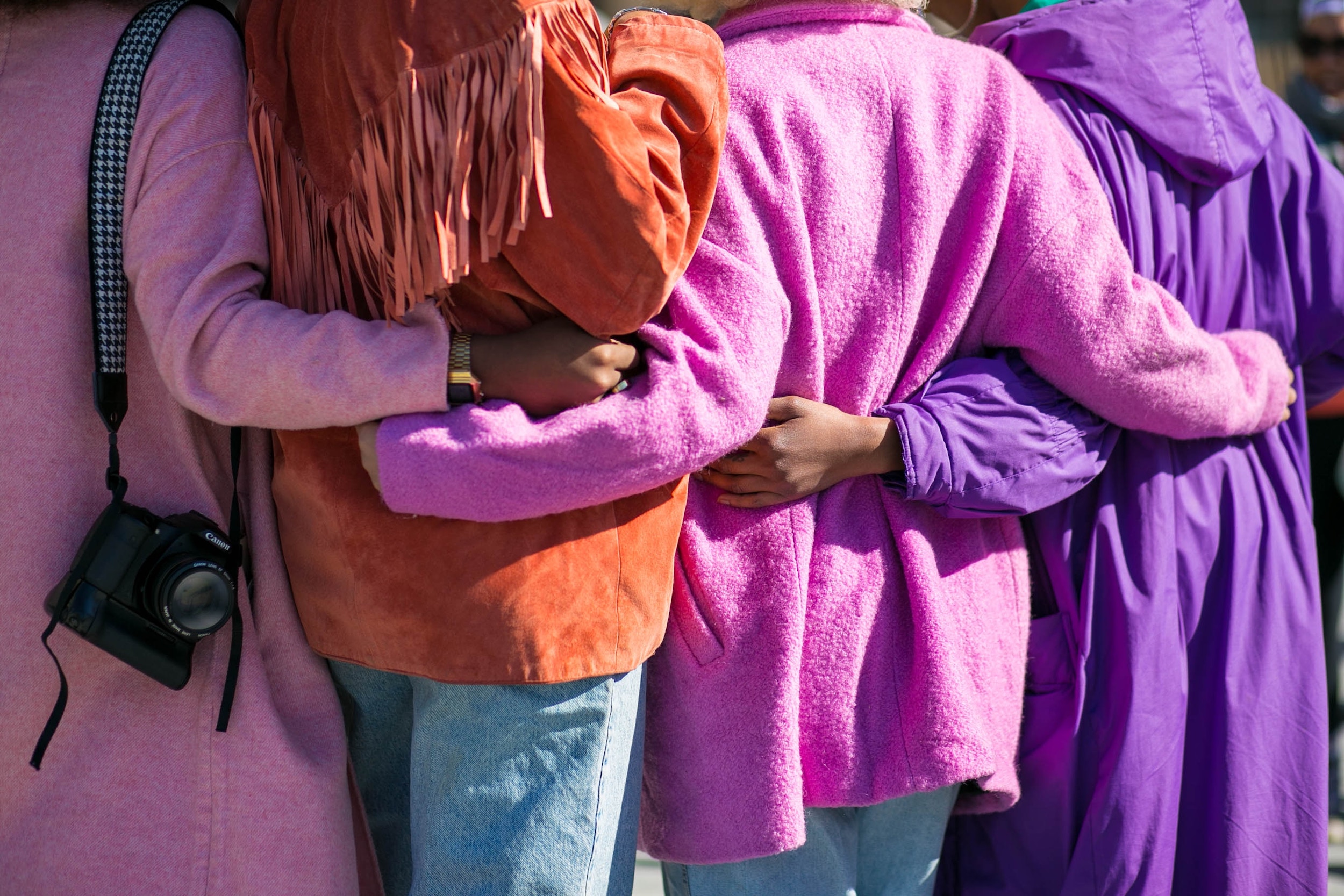Social connections, the ties that bind us to family, friends, colleagues, and neighbors, significantly impact our well-being. They offer emotional support, reduce stress, and foster a sense of belonging and self-worth. At our core, we are inherently social creatures, and our relationships can influence our lives in profound and multifaceted ways.
Let’s start with emotional support. Imagine a day when everything seems to go wrong – you’ve lost your keys, the car won’t start, and then you spill coffee on your favorite shirt. Now, imagine reaching out to a close friend or family member, sharing your trials and tribulations, and receiving sympathy, a comforting word, or even a shared laugh at the absurdity of it all. That’s emotional support in action. According to a study published in the “Journal of Behavioral Medicine” in 2017, emotional support can improve our capacity to handle stress. It can even lead to improved psychological and physical health outcomes.
Beyond providing support in stressful times, regular interactions with our social network can also serve as a buffer against chronic stress, anxiety, and depression. A “PLOS ONE” meta-analysis in 2015 found that social connection is a significant protective factor against psychological distress and mental illness.
Furthermore, our relationships can foster a sense of belonging and self-worth. Feeling part of a community or a group gives us a sense of identity, provides us with a structure to navigate the world around us, and contributes to our overall sense of self-worth. As social psychologist Roy Baumeister noted in his 2012 paper, “Human beings have a fundamental need to belong. Just as we have needs for food and water, we also need positive and lasting relationships.”
On a physiological level, meaningful social connections can impact our health. A review of studies in the “Annual Review of Psychology” in 2017 showed that people with strong social relationships have a 50% increased likelihood of survival compared to those with weaker social relationships, highlighting the influence of social relationships on mortality risk.
However, it’s essential to remember that it’s not just about the quantity but the quality of our social interactions that matter. It’s about having people in our lives who we trust, who we can turn to in times of need, and who make us feel understood and valued.
In an increasingly digital world, nurturing these relationships requires conscious effort. Whether arranging a regular catch-up with a friend, taking time each day to connect with family, or engaging in community activities, there are numerous ways to foster and maintain our social connections.
How can we prioritize and nurture our social connections in the face of busy schedules, geographical distances, or other barriers? How can we ensure everyone has access to the benefits of strong social connections? Please share your thoughts, experiences, and suggestions in the comments below. How do you nurture your social connections, and how have they impacted your life?
